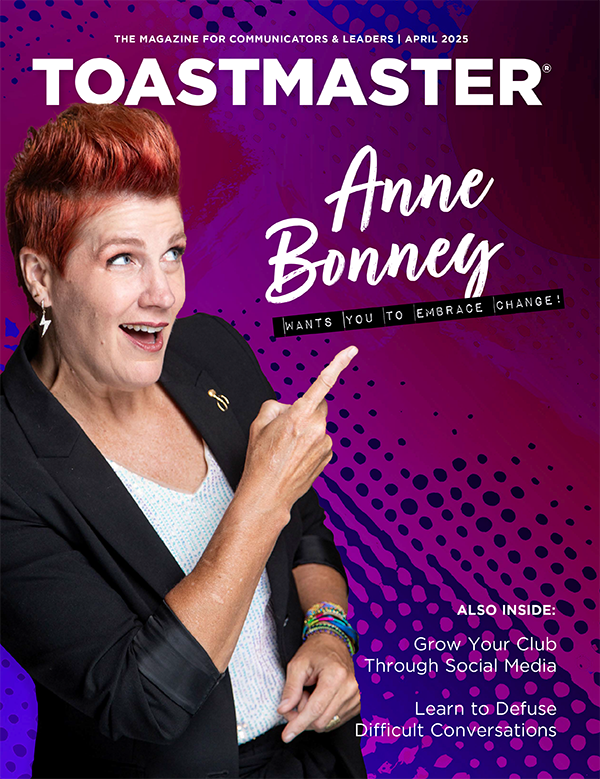 Illustration by Bart Browne
Illustration by Bart Browne
It is a terrible thing when everyone agrees on the problem and no one can agree on the solution. Such is the case with the lack of a universally accepted gender-neutral third-person singular pronoun—i.e., a word that refers to both sexes without resorting to awkward neologisms like his/her, she/he or the truly pathetic s/he. No one likes using these. They break up the rhythm of a sentence, they grow monotonous with repetition and they’re just not the elegant solution that, say, “you” was when it replaced “thee,” “thou” and “ye” in one fell swoop. “You” can be singular, plural, masculine or feminine, and it stops people from sounding like characters in a Nathaniel Hawthorne novel.
“She/he” and its feeble variations don’t do that. They’re jerry-rigged, stop-gap measures at best, like holding up your pants with a safety pin. Yes they work, but … they just don’t look right. Writers sometimes try to get around the problem by simply alternating “his” and “her” in equal numbers: The surgeon will usually make his first incision with a No. 10 blade, although occasionally she will opt for a No. 12. Here, the writer has achieved political correctness with a sentence requiring major surgery.
Yet another quick fix involves repetition of the non-gender-specific noun: The student went to the student’s room to get the student’s homework. This anodyne approach is clearly designed to offend no one, provided you don’t count professional philologists, who read a sentence like this and weep openly.
Finally, there is the use of “they” as a singular pronoun, as in The patient should be told at the outset how much they will be required to pay. This is the most common solution but certainly not the best. When you have to use a word meaning “more than one person” to refer to one person, you have one big mess.
I must say, however, that if we still lack a satisfactory binary pronoun, it’s not for want of trying. As proof, we go to a master’s thesis written by Kelly Ann Sippell in 1991 entitled Solving the Great Pronoun Problem, in which Ms. Sippell catalogues all the attempts to create a gender-neutral pronoun over the last 150 years! They have included words like hes, hiser, heer, he’er, herim, hesh, heesh, hir and many more—none of which caught on (thank God).
“When you have to use a word meaning ‘more than one person’ to refer to one person, you have one big mess.”
“A pronoun of the third person, common gender, meaning ‘that one, he she, or it’: a neoterism proposed by Charles Crozat Converse, and apparently complying with the neoteristic canons, since it supplies an antecedent blank, obeys a simple and obvious analogy, and is euphonious.” If that’s a definition, then I’m a heesh.
Thon was eventually dropped for being not so much a word as a proposed word that nobody actually used. How could you, when examples for using it were: “Thon went to the park” and “Thon threw the Frisbee to thonself.” Shoot me now.
Not surprisingly, the British have succeeded where Americans have failed. They do have a non-gender-specific honorific that is widely used in the United Kingdom today. Who knew? The word is Mx, pronounced Mixter, Mix or Mux, used by people who prefer not to have their gender known, on everything from driver’s licenses to passports to bank accounts. The only problem with Mx is that these two letters can also refer to Mexican domain names, email server settings, Emacs commands, camera models, motorbikes or graphing calculations. Hence, users must be highly specific lest their Google searches take them to websites for mariachi pants or the Minuteman-III land-based Intercontinental Ballistic Missiles.
So, what’s to be done? Well, if you follow the Chicago Manual of Style, nothing. The editors of that august publication have concluded that any solution is bound to offend somebody, so they simply leave you to your own devices. I get around it as best I can, using “police officer” for policeman and “mail carrier” for mailman. But if I write about a college freshman, am I obliged to call his female counterpart a freshwoman? Not unless I want a slap in the face.
John Cadley is a former advertising copywriter, freelance writer, and musician living in Fayetteville, New York. Learn more at .



 Previous
Previous
 Previous Article
Previous Article

